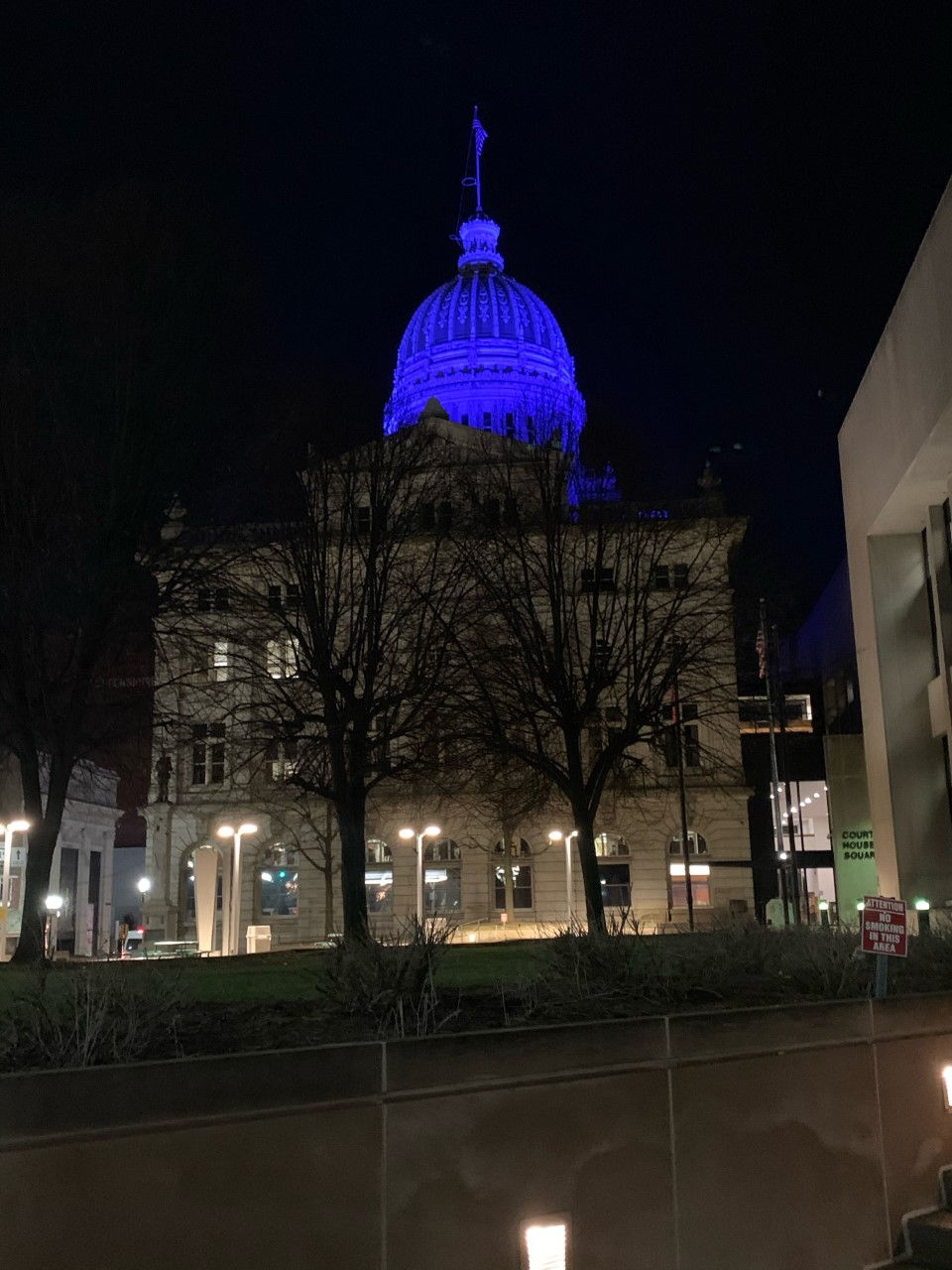This January, Help Us Raise Awareness About Human Trafficking
- Jan 8, 2020
- 3 min read

In large cities, small towns and mid-size suburbs across the United States, women, children and men live in modern day slavery. Human trafficking affects hundreds of thousands of people in the U.S. Through fraud, coercion or force, individuals may be made to work in the commercial sex trade or to provide labor or services.
While the exact number of human trafficking victims in the United States is not known, in 2018 alone, the National Human Trafficking Hotline identified 10,949 cases of trafficking. Through its work, the Hotline identified 23,078 victims of human trafficking in 2018. Importantly, these numbers only represent cases and individuals who contacted the Hotline. Tens or even hundreds of thousands of victims may not be aware of the Hotline or have the ability to reach out for help.
Victims of human trafficking may be found in a range of industries, including:
Health and beauty services
Restaurants and food service
Agriculture and animal husbandry
Hotels and hospitality
Landscaping
Construction
Carnivals
Domestic work
Commercial cleaning services
Factories and manufacturing
Health care
Escort services
Pornography
Human trafficking is not limited to illegal or illicit industries, such as the sex trade. Legal businesses, such as nail salons, hotels, and restaurants, have all been reported for human trafficking violations.
Here in western Pennsylvania, human trafficking may seem like a remote possibility — yet it still exists. In 2019, four individuals were prosecuted for human trafficking and prostitution through massage parlors in Westmoreland and Allegheny Counties. However, it is critical to recognize that human trafficking is more than massage parlors and kidnapping — and it is not limited to people who are brought to the United States from other countries. There is strong correlation between human trafficking and the opioid epidemic. Increasingly, people who are addicted to opioids traffic their family members for drugs or money for drugs. In other situations, “Romeo pimps” groom their victims into believing that they are in a relationship, establishing control over them which makes it harder for the trafficking victims to leave. Vulnerable youth are often targets of this type of trafficking.
This January is National Human Trafficking Awareness Month — a perfect time to shine a light on what human trafficking is and how it can impact women, children and men anywhere. The Westmoreland County Human Trafficking Task Force is participating through several projects that are designed to educate and raise awareness about human trafficking. Look for the following throughout Westmoreland County this month:
January 9 to 15: the Westmoreland County Courthouse in Greensburg will be lit with blue lights, the color of human trafficking awareness.
January 11: the Task Force will staff a table from 11:00 to 7:00 p.m. at the Westmoreland Mall, near the food court. All are invited to stop by to join in activities and get information about human trafficking.
Throughout the month: participating organizations will have mason jars filled with red sand, along with information cards with a brief description of human trafficking and contact information. The sand represents the victims of human trafficking that fall through the cracks, and is part of our annual Red Sand Project event.
The first step in ending human trafficking is to raise awareness about this issue. Too often, we view human trafficking as something that happens somewhere else — not in our communities. By acknowledging the truth about this crime — and understanding the signs of human trafficking, we can start to make a difference.
If you are a victim of human trafficking or suspect that another person may be a victim of human trafficking, there is help. Contact the National Human Trafficking Hotline at 1-888-373-7888 or text BeFree (233733) for assistance. You can also reach out to Blackburn Center through our 24 hour hotline: 1-888-832-2272 or 724-836-1122. Calls to our hotline are always free of change, confidential, and can be anonymous.
Learn More:




Comments